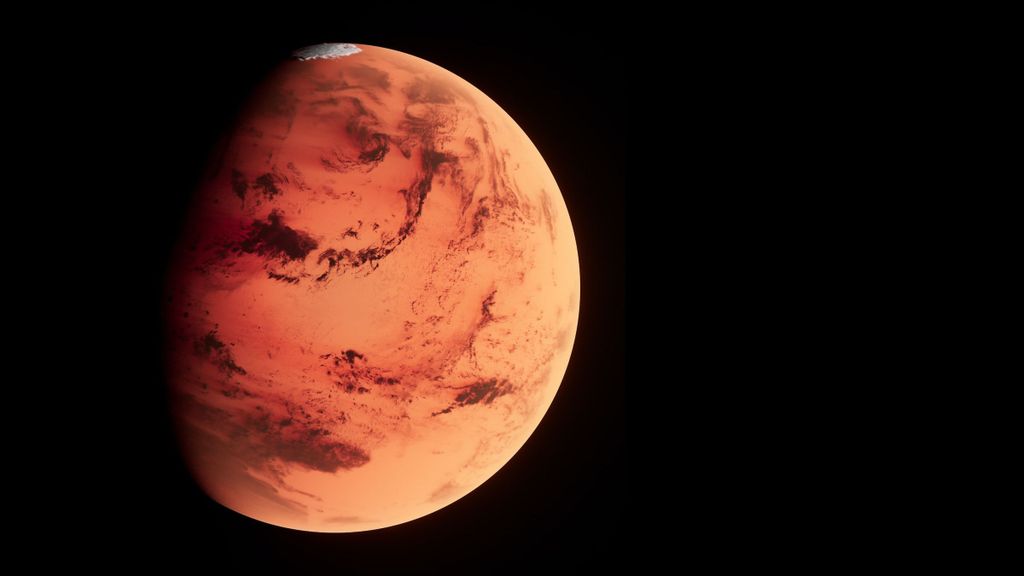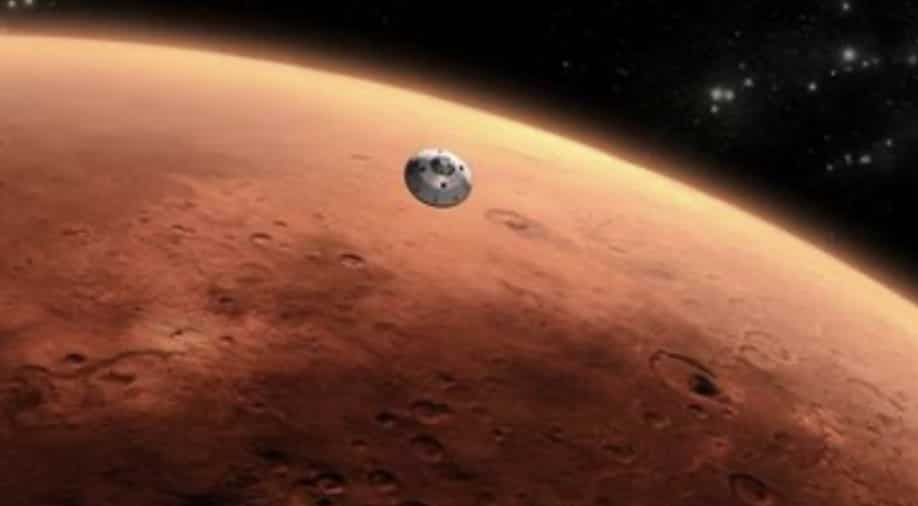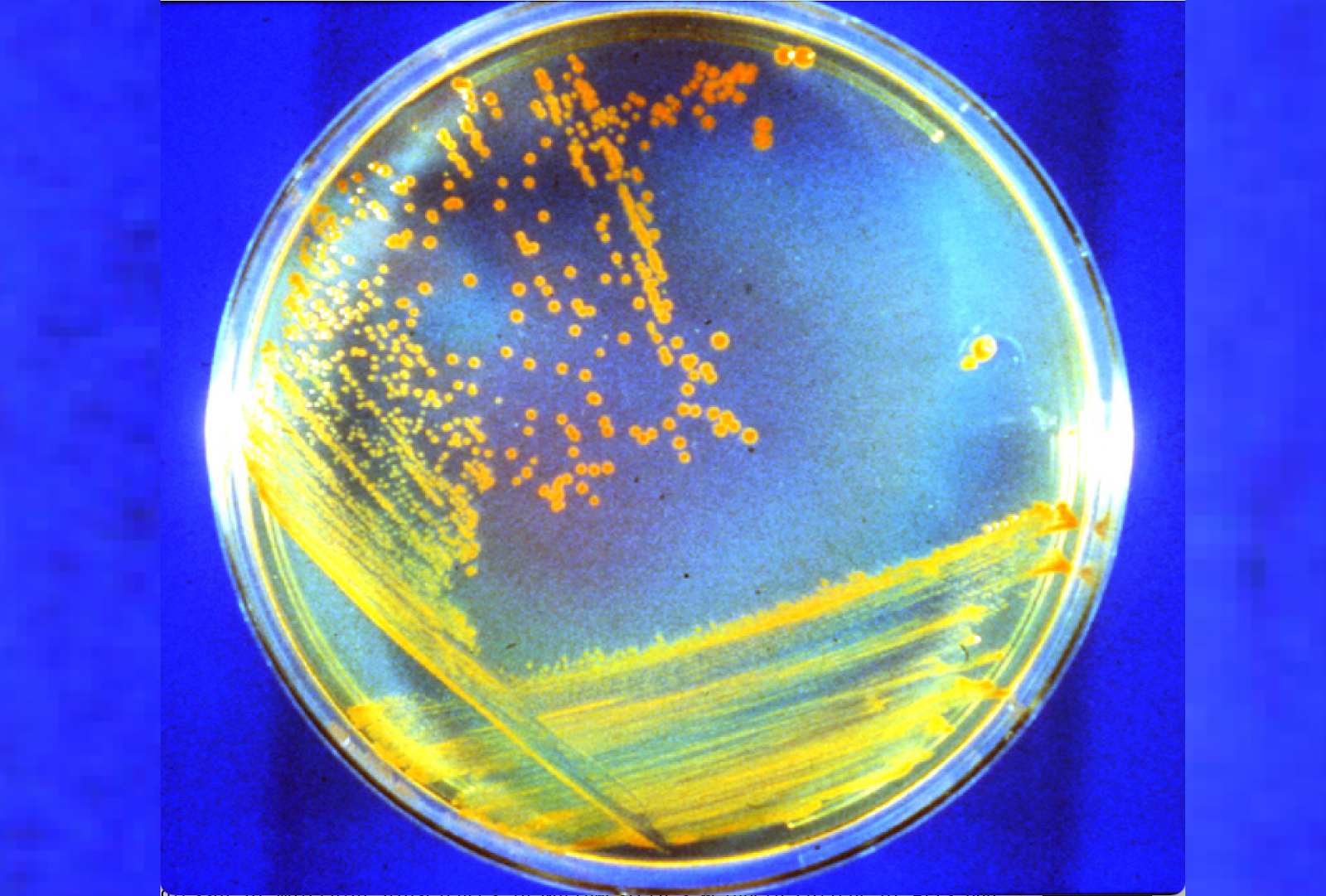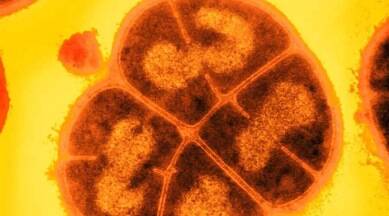There has been a newfound discovery of bacteria on the planet of Mars. Scientists conjecture that this ancient bacteria has been veiled or protected from the extreme and jarring radiation that is present in space for millions of years.

The idea or belief that ancient bacteria have been living under Mars’ roof is not a stretch. As so it seems that these ancient bacteria do exist and have always been all this time.
This ancient bacteria is believed to have been sleeping under the surface of the red planet for millions of years.
Researchers propose that over the course of its existence, it has been carefully sheltered and protected from the harmful and abrasive radiation of the cosmos.
It has been established by scientists of their inability to prove or provide evidence of the existence of life on Mars.
Therefore, research had been conducted by scientists to ascertain how bacteria and fungi could exist and survive on the Red Planet.
For this purpose, a simulation or a replication of the living conditions on Mars was created in search of greater results.
The scientists were astounded to uncover the presence of bacteria and they believe that the bacteria could have had a lifespan of over 280 million years if it was embedded and sealed away under the right conditions, away from the oxidising radiation and solar particles that besiege the surface of the Red Planet.
According to the research performed by Northwestern University’s Brian Hoffman and Ajay Sharma, the results discovered hypothesise the existence of life on Mars and that the comatose evidence or manifestations of such life may perhaps still be situated in the Red Planet’s subsurface.
This subsurface is a place where future emissions or discharge could delve into as they penetrate into Martian soil.
The Red Planet may have been more inhabitable for life to exist billions of years ago when there was the presence of an aerosphere and water on the planet’s surface.
However, in the present time, Mars takes on the image of a desolate, dry, wasteland with no evidence of possible life.
The weather conditions on Mars are severe, reaching upto minus 80 degrees Fahrenheit (minus 62 degrees Celsius).
Also, the Red Planet is subject to high emissions of radiation because of the narrowness of its atmosphere.

One of the researchers, David Hoffman said that if there was ever an evolution of microbes on Mars, these microbes would have the ability to survive until the present day.
This denotes that earth would be contaminated if Mars samples were brought down for further process of scrutiny.
Conclusively, the researchers discerned the potential existence and survival of some telluric microbes on the Red Planet over hundreds of millions of years ago.
As a matter of fact, a single resilient microbe known as Deinococcus radiodurans or “Conan the Bacterium” is found to thrive on the surface of the Red Planet.
“Conan the Bacterium” is one microbe that is specifically pertinent to survive on Mars’ arid and severe conditions.
The bacteria, “Conan the Bacterium” is a polyextremophile. This indicates that the bacteria has the capability to resist severe and harsh weather conditions, acidity and also dehumidification.
As previously mentioned, when the research team conducted the experiment, they utilised six different kinds of earth-based bacteria and fungi to the Martian simulation environment and besieged them with protons or gamma rays to duplicate space radiation.
It was Deinococcus radiodurans or “Conan the Bacterium” that survived the experiment. The reason for its ability to resist harsh temperatures is because it is a hardy bacteria or microorganism.
A hardy bacterium is a bacterium or bacteria that can survive in harsh environments being able to endure a drastic dose of ionising radiation. This amounts to about 1000 times more than what human beings can actually withstand.

This marvellous revelation can help scientists and research enthusiasts gather even more knowledge and understanding of the Red Planet that could perhaps one day serve as a vital and uncorrupted advantage to Earth’s cause.
Scientific research studies and experimentation is of utmost importance and only answers the various curiosities that scientists, research scholars and human beings in general have about the vast cosmos.
The potential and scope for advancement and improvement can be really high or wide if the world is able to harness or decipher the secret codes of Mars and eventually the entire cosmos.













